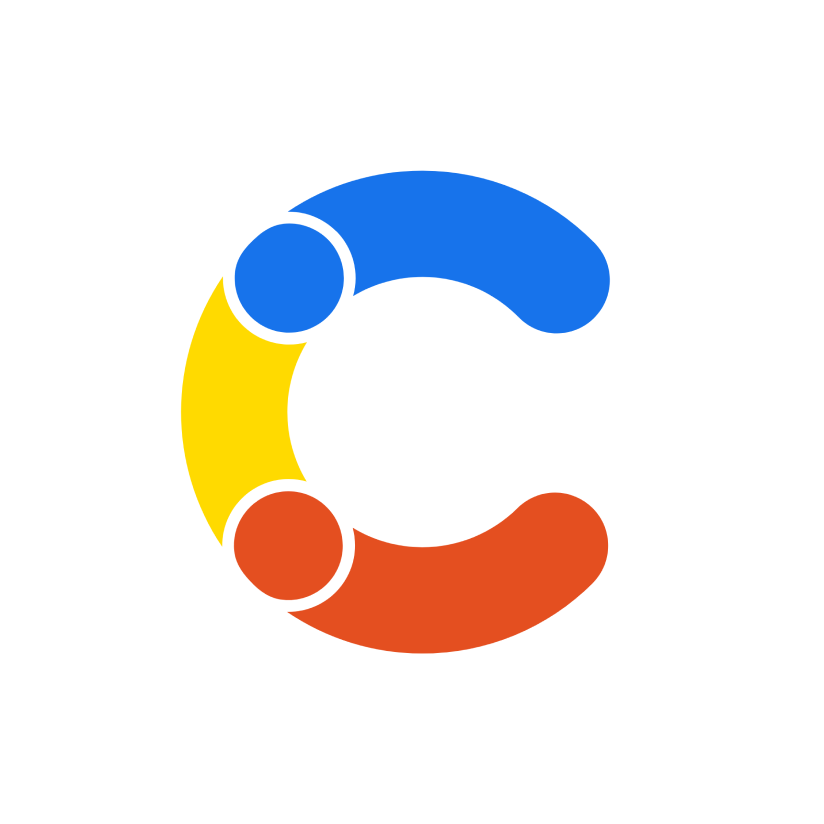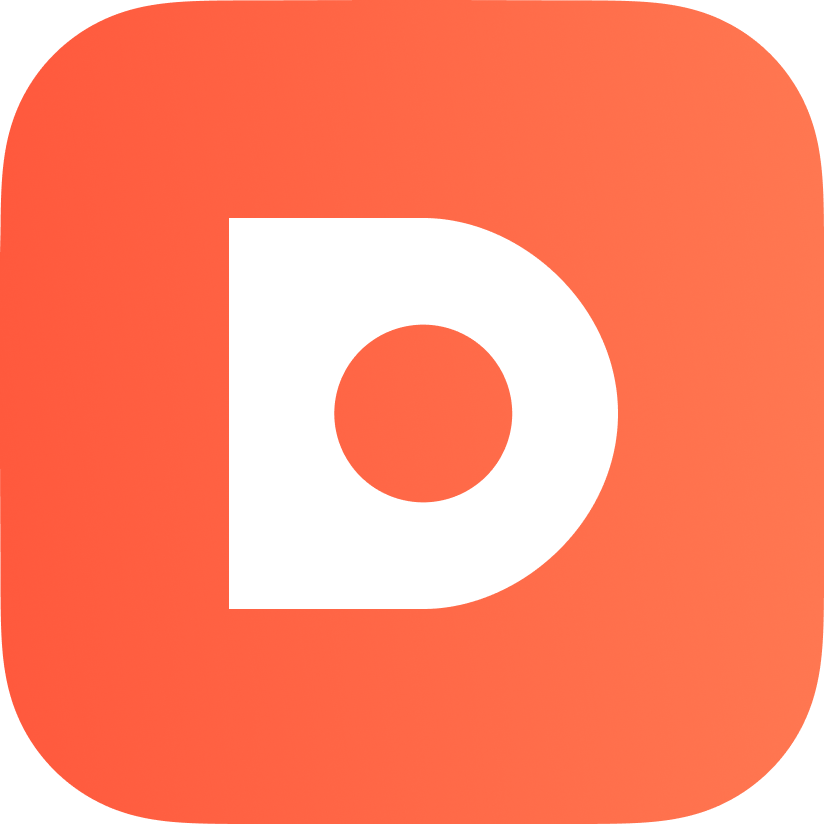Knowledge Hub
 Contentfulvs
Contentfulvs DatoCMS
DatoCMS


Content Management features
Compare the features of the Content Management to help you choose the right one for your needs.
| Feature |  |  | |
|---|---|---|---|
CMS Type | API | API | |
Editor Experience | |||
Dashboard Internationalization The CMS interface can be displayed in multiple languages, making it accessible for non-English speakers. | |||
Multilanguage Content Support for creating and managing content in multiple languages. Useful for global websites that need to cater to different regions. | |||
Scheduling & Releases Allows you to schedule content to be published at a specific time and date in the future. | |||
Content Versioning Keeps track of different versions of content, allowing you to revert to previous versions if needed. Like an "undo" button for your content. | |||
Autosave Automatically saves changes as you work, preventing data loss if something unexpected happens, like a browser crash. | Available via plugins | ||
Preview Content Lets you see how content will look on your live site before publishing it. Like a sneak peek before it goes live. | |||
Multiple Environments Support for different stages of content (e.g., development, staging, production). This allows testing changes in a safe environment before going live. | |||
Workflow Sets up an approval process for content creation. For example, a writer might submit content, then an editor reviews and approves it before publishing. | available as part of the Premium plan | ||
Customizable UI Allows customization of the CMS user interface to match your brand or specific needs. | |||
Team Management | |||
User Roles Predefined roles (like admin, editor, viewer) with specific permissions. | |||
Custom User Roles Ability to create custom roles with specific permissions tailored to your organization’s needs. | |||
Organization Management Allows you to manage different user groups and access within the CMS. | |||
Developer Experience | |||
REST API An API that follows REST principles, allowing developers to interact with the CMS using standard HTTP requests. | Used for Content Management API only | ||
GraphQL API An API that uses GraphQL, allowing clients to request exactly the data they need, making data fetching more efficient. | |||
Images API API specifically for managing images, including uploading, processing, and retrieving images. | via api (query) or UI (editor) | ||
Content Management API API for managing content, including creating, updating, and deleting content items. | |||
Field Types Different types of data fields available for content, such as text, number, date, media, etc. | |||
Custom Field Types Allows you to create even more specific field types beyond the basic ones, to perfectly match the type of content you manage. | |||
Webhooks Allows the CMS to send real-time notifications to other systems or services when certain events happen (e.g., content published). You can use these to trigger actions in other applications. | |||
CLI Command Line Interface tools that allow developers to perform tasks and manage the tool via the command line. | |||
SDK A set of tools and pre-written code snippets that developers can use to integrate the CMS with their project more easily. | |||
Free Tier | |||
Free Plan Available Some headless CMS providers offer a free plan with limited features, allowing you to try it out before committing. | |||
Team Members The number of users (team members) that can be added to the CMS. | 5 | 1 | |
Locales The number of different languages and regional settings the CMS supports for content creation and management. | 2 | N/A | |
Projects Support for managing multiple projects within the same CMS account. | 1 | N/A | |
Security & Compliance Offerings | |||
Two-factor authentication Adds an extra layer of security when logging in. | |||
Team Logs Tracks user activity within the platform for better accountability. | N/A | ||
GDPR Compliance with the General Data Protection Regulation for handling personal data. | |||
SOC2 Service Organization Control 2 compliance for managing customer data. | |||
ISO27001 International standard for information security management. | |||
Others | |||
Extensions Additional plugins or add-ons that can enhance the functionality of the platform. | |||
Built-in Backups & Restore Features that automatically back up content and settings, allowing easy restoration in case of data loss. | |||